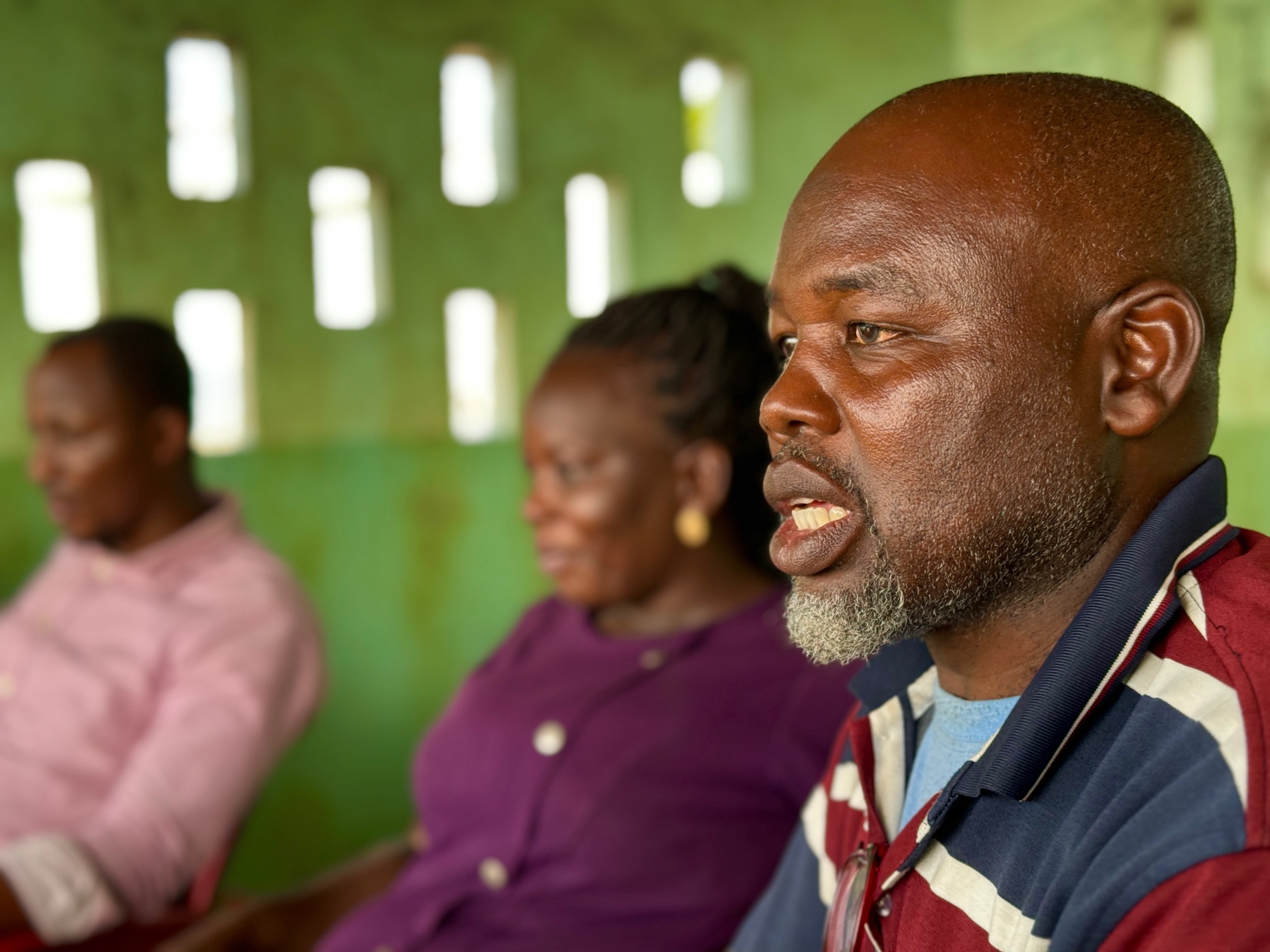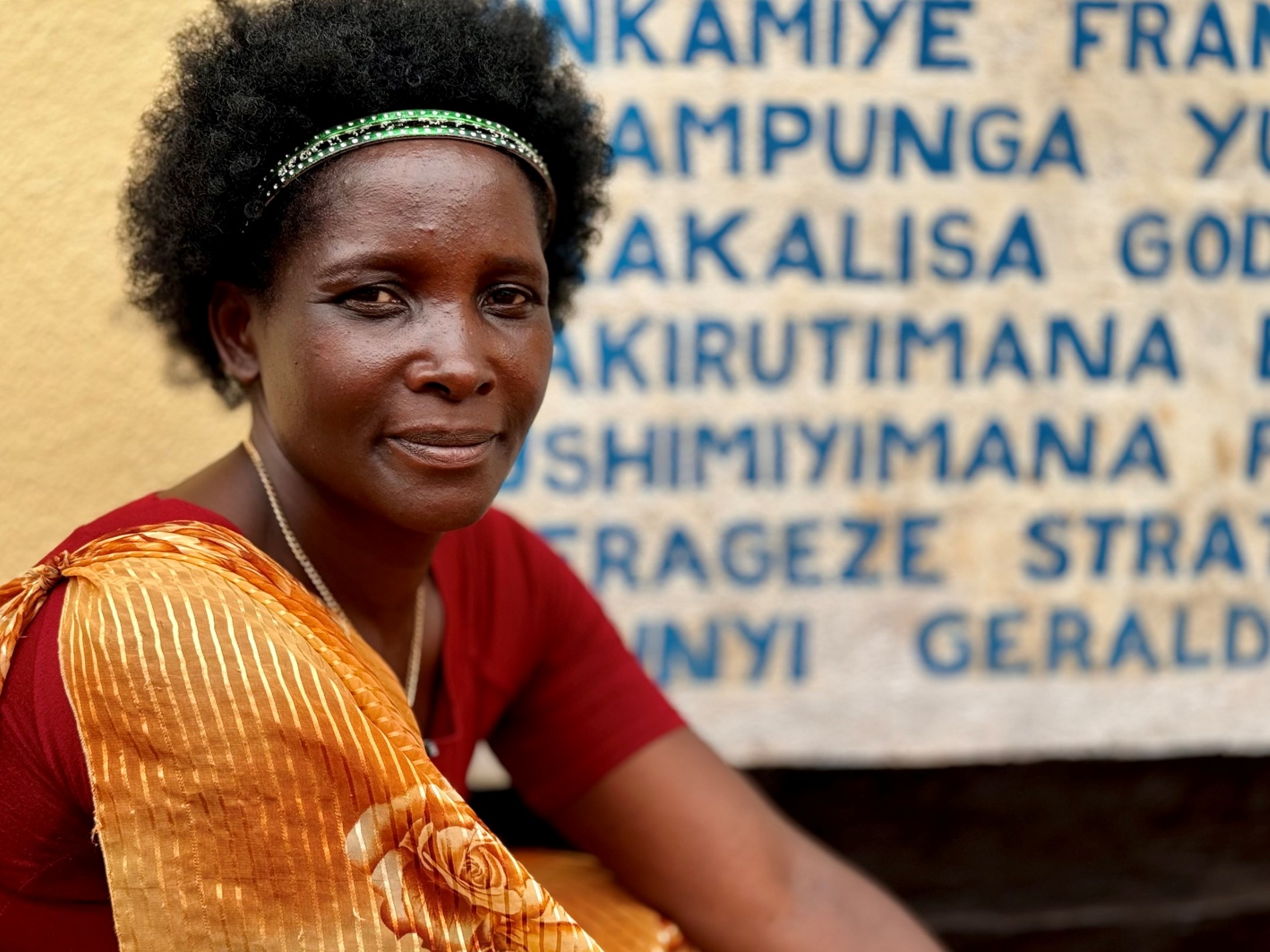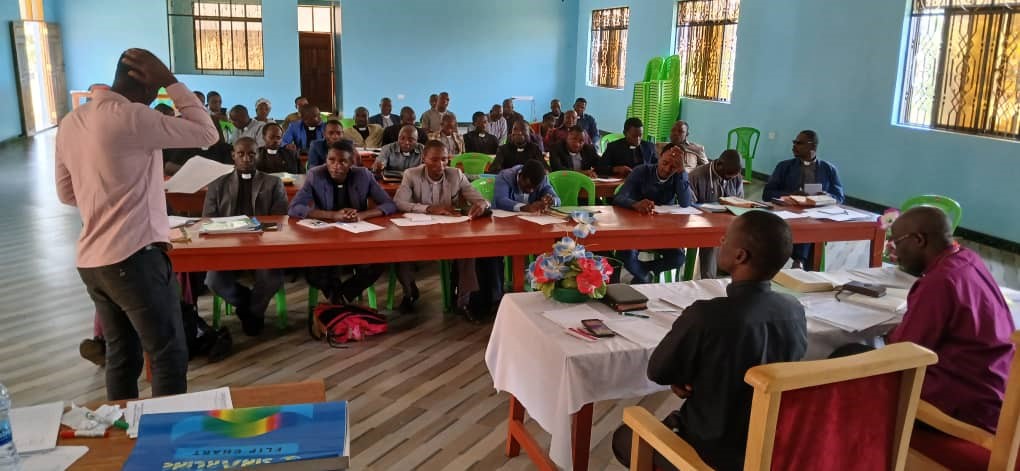“I didn’t want to see another mother needlessly die in childbirth” - Specioza Our organizing in Rwanda began in 2009 in the rural village of Mumeya, where mothers…
GHANA: Grassroots Leaders Begin to Untangle Root Causes of Sanitation Crisis
Communities across Ghana face the challenge of overflowing garbage bins and piles of uncollected trash. When grassroots leaders from FAITH in Ghana Alliance ask their neighbors what change they want, better sanitation is often a top priority. And when it comes to trash, it’s easy for people to get discouraged and blame their neighbors.
In Sagnerigu, a fast-growing community in Northern Ghana, a multi-faith team of Muslim and Christians visited more than 420 people to ask what changes they wanted to see in the community and what role they could play in bringing about change. As the new Sagnerigu Faith Alliance, they presented their findings at a community “durbar” meeting and identified increasing the number of trash bins and the frequency of garbage collection as a first issue.
The Sagnerigu leaders began researching how garbage collection works in their community. They’ve learned the one large private company has the contract to collect garbage across Ghana. Increasing local trash collection services requires petitioning the National Sanitation Department, which then bills the local government for the added cost. Funding for garbage collection comes out of the same small pot of funds – five percent of total government revenue – available to local communities for improving roads, health and education services.
Grassroots leaders in Sagnerigu are connecting with other FAITH in Ghana Alliance with similar challenges. They’re understanding that they need to both hold their local governments accountable to respond to community priorities, and also make larger structural changes in Ghana – such as increasing the amount of money available to community development and the direct election of mayors and governments by local residents. In Sagnerigu and dozens of other communities across Ghana, the FAITH in Ghana Alliance is building a vision for Ghana from the ground up.



